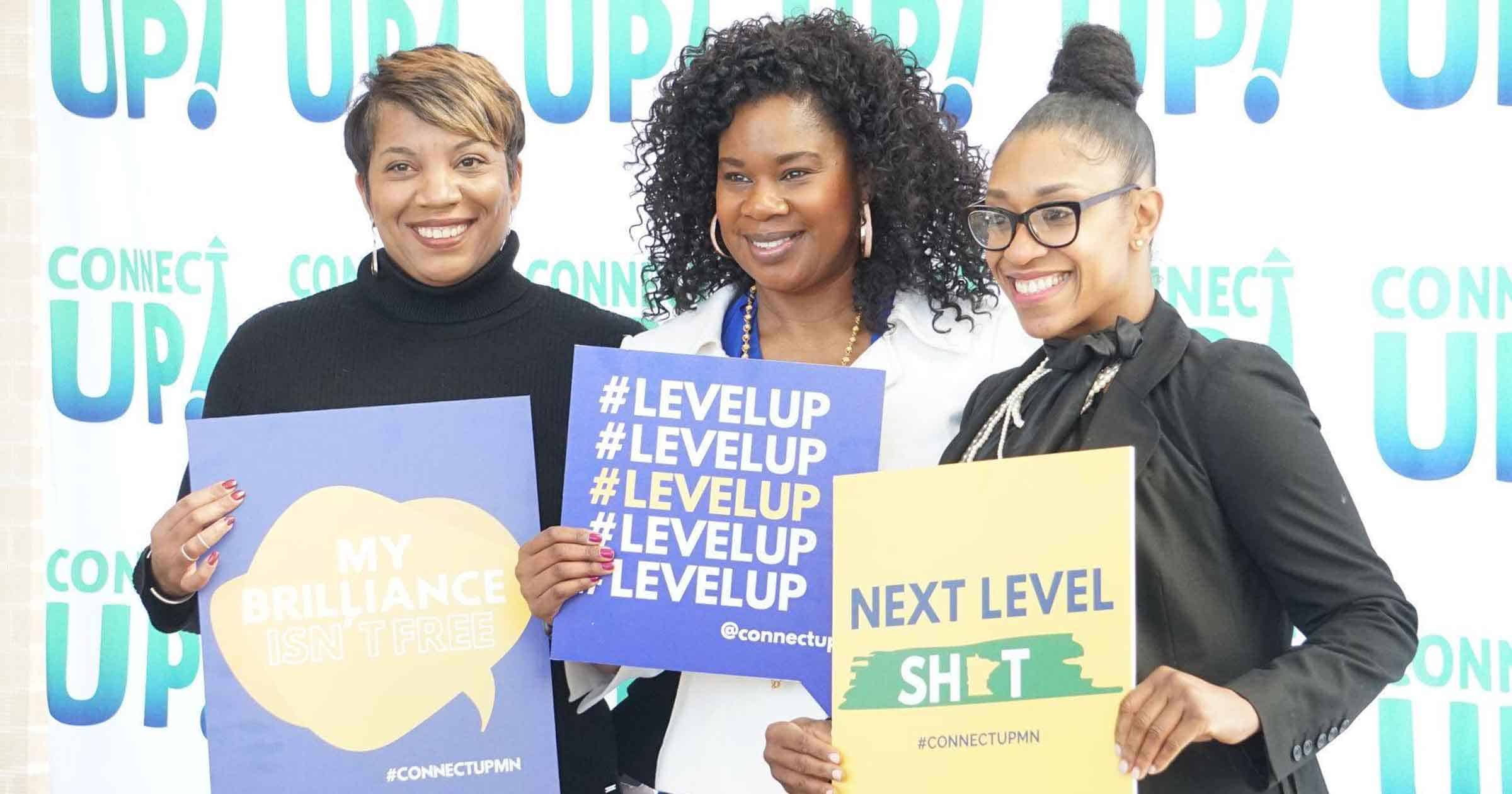Welcome to our latest FAQ Friday, where industry experts answer your burning technology and startup questions. We’ve gathered Minnesota authorities on topics from software development to accounting to talent acquisition and everything in between. Check in each week, and submit your questions here.
This week’s FAQ Friday is sponsored by The Jed Mahonis Group. The Jed Mahonis Group helps businesses strategize, design, develop, and deploy custom iOS and Android mobile applications. The company has partnered with many startups and large brands over the years to deliver software that is used by millions of people around the world, including companies such as Great Clips, Green Mill, VSI Labs, and Kwikly.
Meet Our FAQ Expert
Tim Bornholdt, Partner at The Jed Mahonis Group | @timbornholdt
Tim got his start in web development in the first grade, so he’s been building websites and apps for more than 20 years. In addition to being an accomplished software developer, Tim is also an award-winning videographer and podcaster. He currently edits the C Tolle Run podcast hosted by Olympian Carrie Tollefson, and he hosts the Constant Variables podcast where he breaks down complex mobile app development topics for entrepreneurs and product managers.
This Week’s FAQ Topic – Success By Failure
Is imposter syndrome sabotaging your success?
Imposter syndrome is a fascinating phenomenon that seems to be experienced by most everyone, regardless of their age and past successes.
Personally, I find that when I’m feeling impostor syndrome, I do three things:
- Get off of social media
- Talk to someone
- Get some work done
Social media is chock full of people showcasing their best, which is bound to amplify any feelings of inadequacy or FOMO you are experiencing. I sign out of all the social media apps on my phone and force myself to stop looking at what everyone else is doing for a while.
Next, I find a way to get some perspective by talking to someone. Lunch with a peer, or a walk with a business partner, is a fast way to both listen to someone else’s struggles and realize how far you’ve come.
This motivation then pushes me to keep working on whatever will help me grow my business. It’s easy to sit and wallow about all the things you haven’t gotten done yet. I find one or two things that provide me a quick win and just keep moving forward.
One of our developers recently wrote an article about his personal experience with imposter syndrome. Read his actionable advice to junior developers on how to overcome toxic habits to become a better developer.
What lessons can we take away from the Iowa Caucus app?
If you aren’t familiar, an app that was built to help tabulate and report results for the 2020 Democratic Iowa Caucus ended up failing, which caused delays with the results and a ton of negative media attention.
There were issues with the technical implementation and delivery of the app, to be sure. However, one of the biggest lessons we can take away from this story is to never underestimate how much time is needed for development.
When you set a deadline for releasing an app, you must account for the time it takes to test the final product. Just because an app is “feature complete” doesn’t mean it’s ready for prime time.
You have to make sure it works well in the most rural parts of the country. You have to make sure that it is locked down so only authorized users can access it. Most importantly, you have to make sure the app’s user experience is top-notch and seamless.
Not every app will help shape the future of American politics, but especially when you are working on an app in a high profile arena, you have to give yourself adequate time to push it to its limits.
What causes an app project to fail?
I’ve certainly been part of app projects that went on to be quite successful, but just as importantly, I’ve been part of app projects which ultimately fizzled out.
Mistakes aren’t necessarily a bad thing; you learn more through your struggles than your successes (as long as you actually learned a lesson and don’t repeat the same mistake).
In my experience, the number one reason an app project fails is poor communication.
Whether it’s setting poor expectations between the client and the developers up front, or not providing enough feedback during development, communication issues tend to be my most observed reason behind why app projects fail.
If you are embarking on a noble journey to build a mobile app, the weapon which will aid you most on your quest is the ability to thoroughly and thoughtfully express what it is you would like to have built.
I’ve publicly talked about some of our failures in the past, and if you’d like 7 other reasons why an app project can fail, check out that post.
Still have questions? Ask Tim and The Jed Mahonis Group team questions on success by failure and more on Twitter at @timbornholdt.






